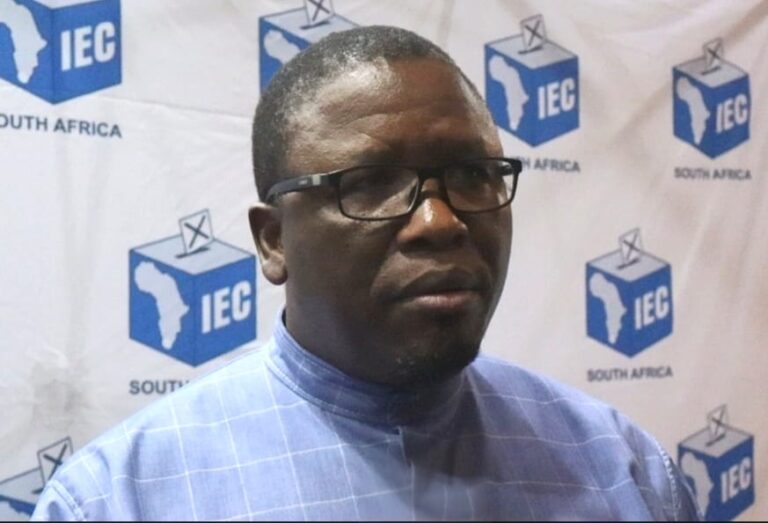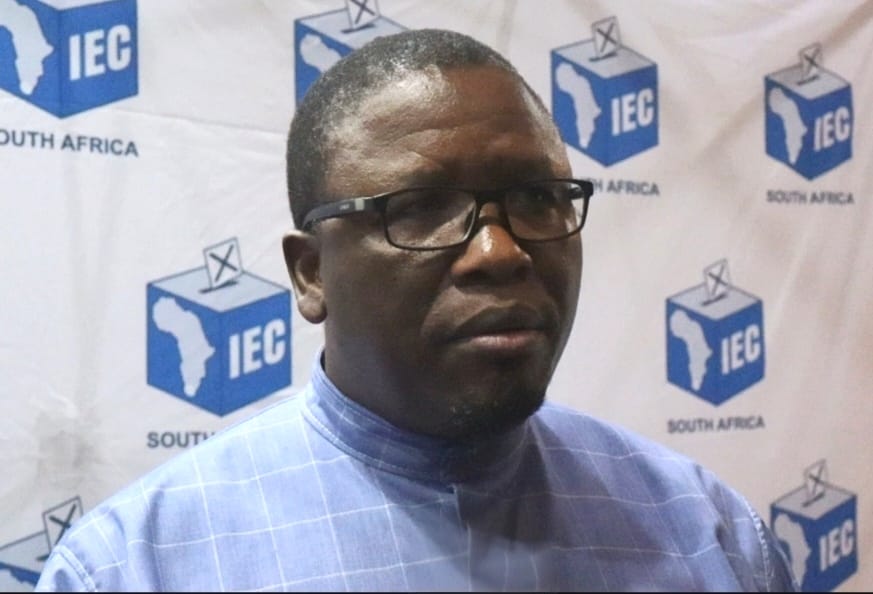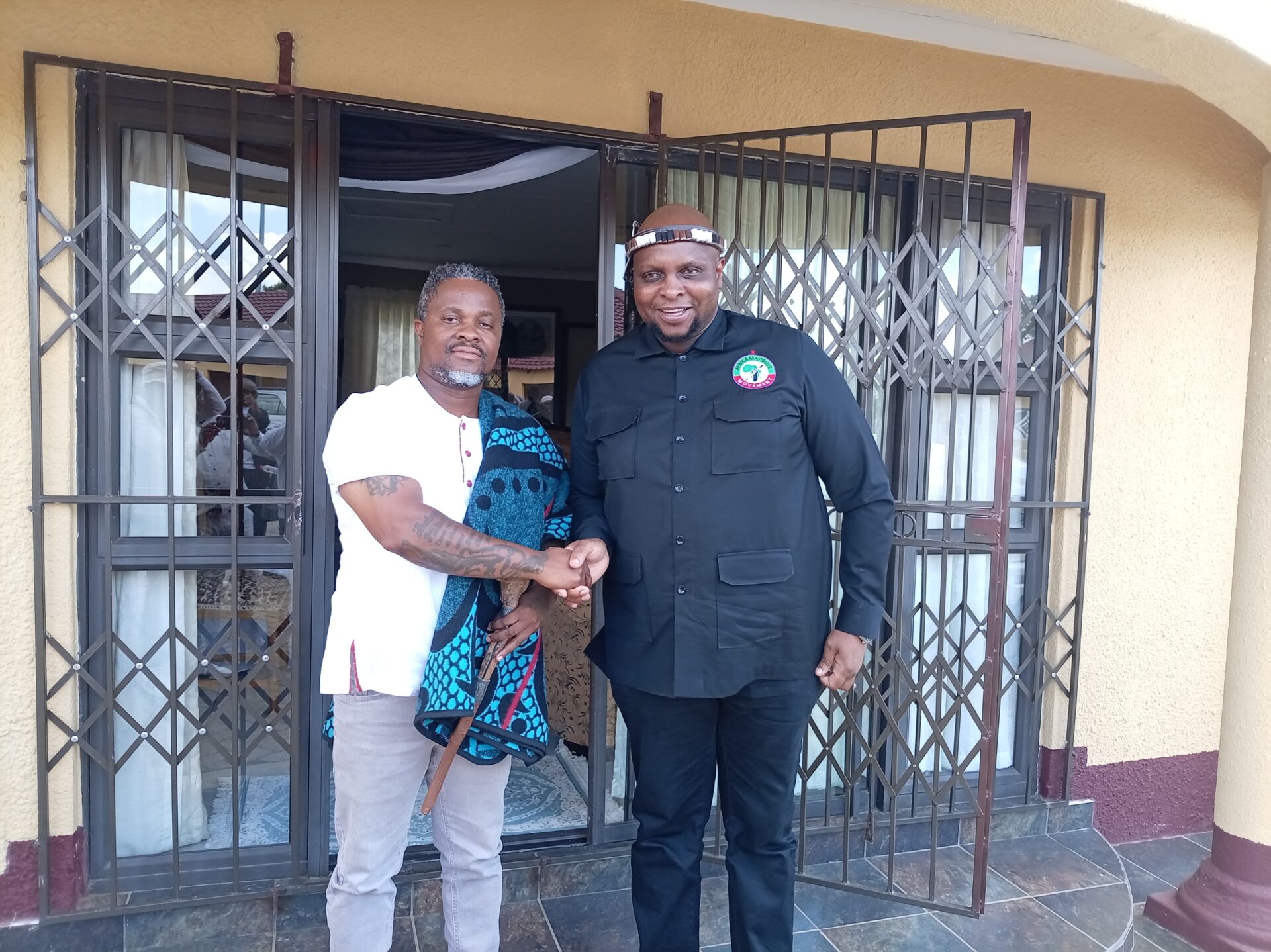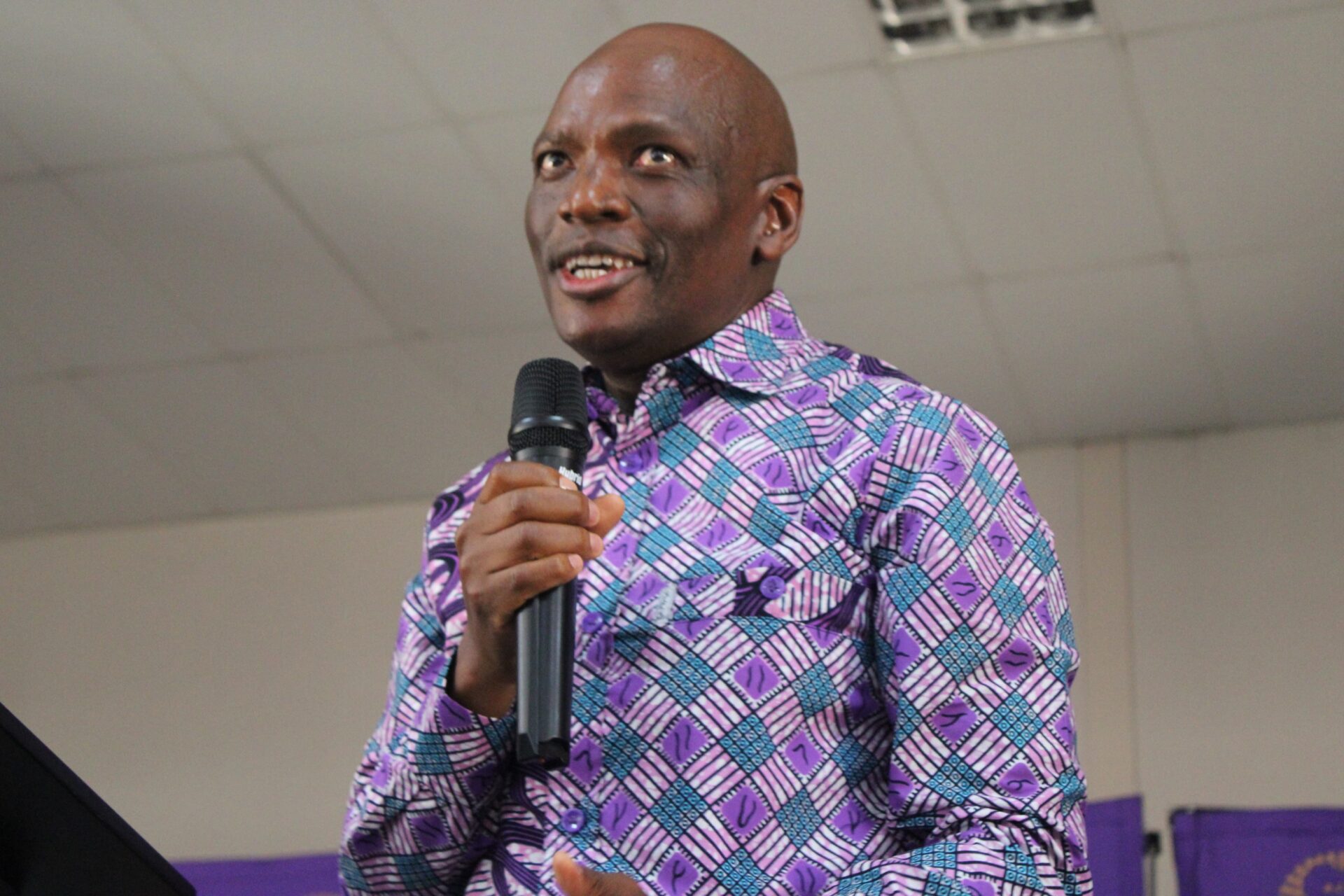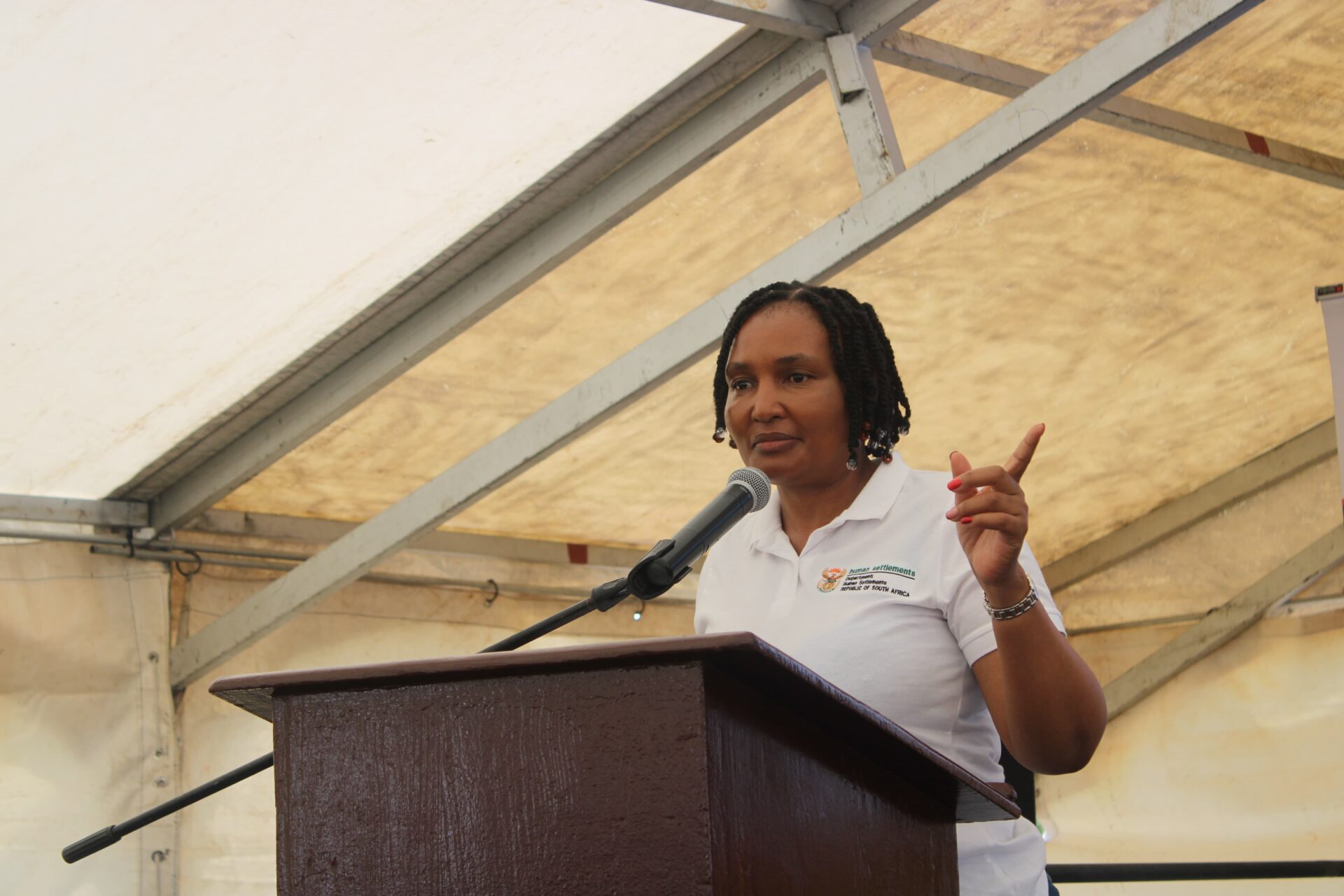By Bongani Tshabalala
BOTSHABELO-Free State municipalities are now saddled with a collective electricity bill of nearly R13.6 billion as the local authorities are finding it difficult to collect more revenue from ratepayers, most of whom have lost jobs due to the COVID-19 pandemic.
Cooperative Governance and Traditional Affairs MEC Thembeni Nxangisa told the Free State Legislature when he delivered his 2021/22 budget vote speech in Botshabelo.
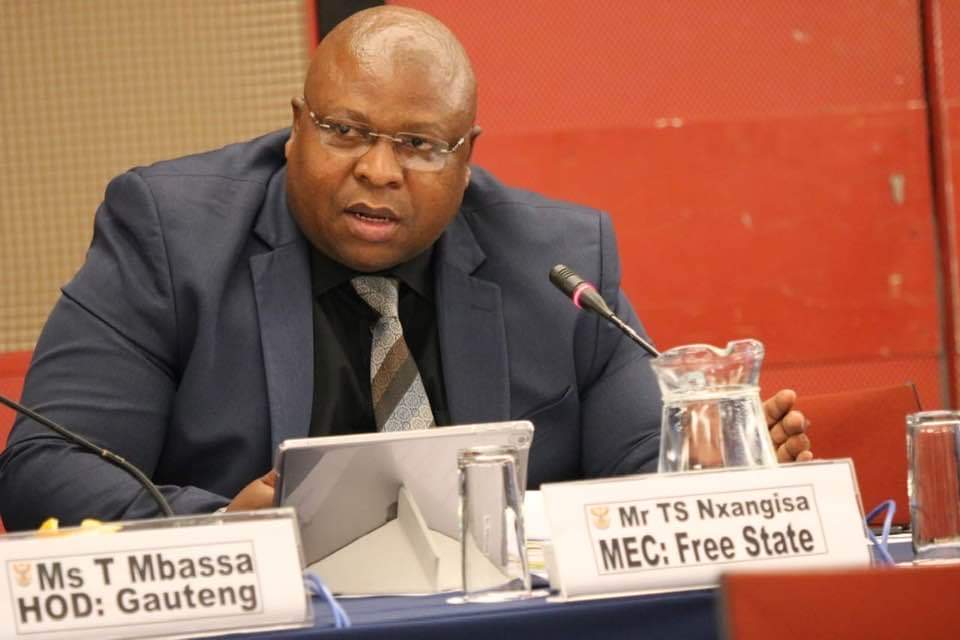
He said that municipalities are finding it increasingly difficult to deliver electricity, water and sanitation to communities as a result of the disease that has forced some businesses to shut down while others have scaled down operations.
“As at 31 January 2021, Free State municipalities collectively owed Eskom R13 586 893 860.00,” he disclosed.
Nxangisa said settling the bill will not be easy because municipals collection rates are expected to continue declining until the end of 2021.
“Electricity is anticipated to present a major challenge as electricity revenue is often used to cross-subsidise other non-revenue municipal functions,” he pointed out.
The MEC said the situation has led to some service interruptions after Eskom decided to cut the supplies to municipalities owing the national power utility.
He said the capacity of municipalities to collect revenue need to be improved.
Nxangisa also urged different government departments in the province to pay their dues to the municipalities.
“As a department, we have called for Inter-governmental Relations Forum intervention, because we believe that as the different government spheres, we need to engage each other in discussion, rather than taking each other to court,” he said.
“This, however, does not diminish the reality that municipalities need to pay their dues to Eskom.
“Our continued non-payment with the municipalities contributes adversely to their debt book and limits their capacity to perform their mandate.”
The Free State has one metropolitan municipality and four district municipalities, which are further subdivided into 18 local municipalities.
Nxangisa said his department was working closely with all municipalities to ensure they develop their annual performance reports in line with the Municipal Systems Act.
He said the municipalities were also being assisted to follow the law on the appointment and conditions of employment for senior managers.
“We previously reported on our interventions in a number of municipalities in the 2019/2020 financial year. Masilonyane, Mafube and Maluti-a-Phofung local municipalities had all been placed under administration. We also reported that Mangaung Metropolitan Municipality was under “(administration),” Nxangisa said.
“In Matjhabeng, Letsemeng, Kopanong, Tswelopele and Nala local municipalities we had to invoke Section 106 of the Municipal Systems Act.
“All these efforts were aimed at strengthening government’s ability to deliver efficient and effective services whilst at the same time rooting out any suspected malfeasance and ensuring a clean and accountable local government.”
The MEC said the challenges of the COVID-19 pandemic had worsened the performance of an already struggling economy and subsequently worsened the burden on the province’s highly challenged municipalities.
He promised that in the 2021/22 financial year, his department will continue on the path of ensuring efficient, clean and accountable municipalities.
Nxangisa lamented the high vacancy rates in most municipalities saying this had contributed to poor service delivery in some cases as there were no people with the required skills to implement certain key projects.
“The vacancy lists at the municipalities are very high. There are sometimes no consequence management processes in place and there is also political infighting that contributes to the collapse of service delivery in some municipalities” said MEC Nxangisa.







